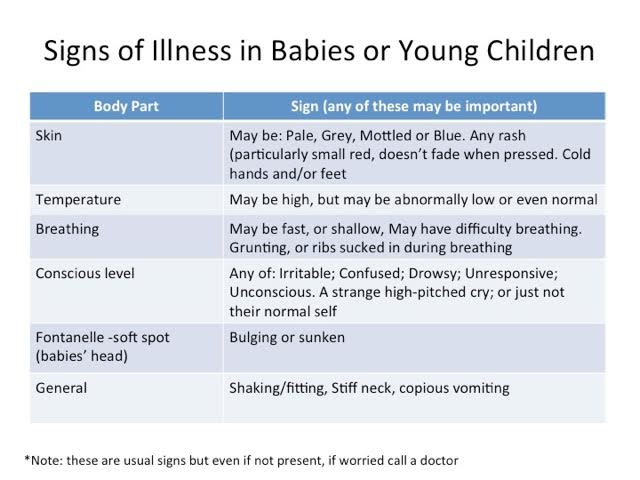Healthy children, who have died following a short but severe infection have hit the news recently.
The problem is that young children can become sick within hours. Most recover equally quickly—but, despite best care, some don’t, particularly if they have meningitis or other overwhelming infection.
One year-old William Mead died of sepsis, apparently after ‘111’ staff didn’t appreciate how ill he had become. I won’t comment without knowing all the facts, except to say it can be difficult, sometimes even for experts, to assess whether a small child is seriously ill.
However, as an ex-paediatrician, I do have concerns about telephone diagnosis, whether the 111 service, swine-flu helplines, or GPs asking parents to hold the telephone over a child’s chest so they can hear their breathing (yes I have known this to happen). Professor Neena Modi, a senior paediatrician, has also publically voiced similar concerns recently.
Small children have an immature immune system, and consequently don’t react to, or show signs of, illness in the same way as adults. Whenever I was asked to see a sick child, my first concern was whether they needed immediate emergency treatment, or whether I could take my time, asking more questions and making a detailed examination. The signs in the Table would help me decide, and sometimes I just knew from experience. I remember assessing a new-born baby, who simply wouldn’t stop crying. Something wasn’t right. We did some tests on the special baby unit—he had meningitis and needed urgent antibiotics. Happily he made a full recovery.
I am not suggesting that every crying child needs an urgent medical assessment—just that signs of illness in babies and toddlers can be subtle, and experience helps.
So how does a parent know whether to seek urgent medical help?
The Table provides pointers, however, you know your child, and, even if they don’t shown any of these signs, if you are worried, you must insist they are seen by a doctor—better to ‘waste someone’s time’ than miss a serious infection. As a personal example, I was convinced one night that my young son had meningitis. I rushed him to A&E department, where he made a miraculous recovery, just before my colleague came in to examine him. Embarrassing, but I would do it again.
So if you are worried, what should you do?
Options include:
- Phone your GP
- Phone 111 and ask to see a doctor that day (or within the hour if you are really worried)
- Go to your local A&E department (check first that it is open).
If all else fails, and your child is getting worse, dial 999 for an ambulance.
Although it is important that you are aware of these signs and what to do, please do remember, though, that overwhelming childhood infections are relatively rare. Most infections are not serious, and most times your child will be dancing around the next day.
By Dr K Thompson, author of From Both Ends of the Stethoscope: Getting through breast cancer – by a doctor who knows
http://www.amazon.co.uk/dp/B01A7DM42Q
Further information:
http://www.nhs.uk/Conditions/pregnancy-and-baby/Pages/spotting-signs-serious-illness.aspx
http://www.news-medical.net/news/20120704/Signs-that-a-child-is-seriously-ill-Interview-with-Professor-Middleton.aspx
Note: These articles express personal views. No warranty is made as to the accuracy or completeness of information given and you should always consult a doctor if you need medical advice.

